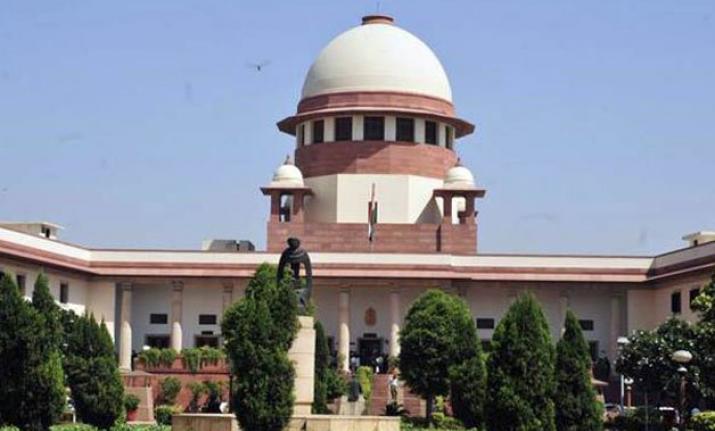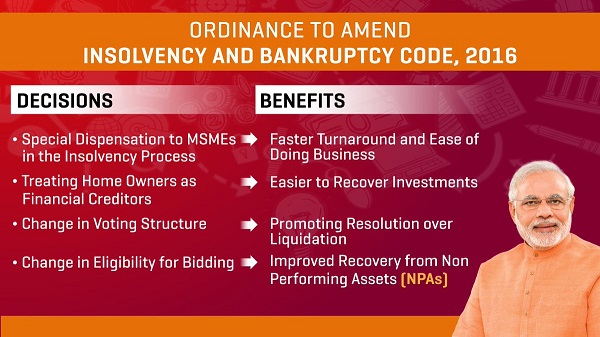The real estate industry has cordially praised the amendment of Real estate (Regulations and Developments) Bill in 2015 approved by Union Cabinet. This bill has been introduced to unite the regulations and environment in the industry. The main motive of the bill is to provide the best services to the buyers and investors by giving the possession on time and fastest project deliveries, proper and effective redressal of customer grievances, safe and secured investments and maintained growth in the realty sector
Some featuring facts which are favorable for the homebuyers in the unauthorized market are discussed below-
Regulations of real estate projects and agents- A disordered realty sector has many small association developers and agents who are willing to expand themselves day and night. There was no organizer or any association who can control and regulate this disarranged industry. There was a lack of laws and rules which can stop the immoral activities of developers to save the buyers interest and hard-earned money. The bill is now introduced to bring the stakeholders under the regulations where they can suffer from 3 years imprisonment for developers and 1 year for agents for not obeying the laws.
Escrow amount limit increase- A developer uses a temporary account to stop the outflow of funds from one project to another. This account is called the escrow amount. After the introduction of the bill, the developers are bound to keep 70% of funds in escrow amount. Though some of the developers welcomed this measure and some have criticized it.
Disclosures of information are compulsory– A common phenomenon in the real estate is homebuyers are not being provided with full information about the projects. The amendment now made it compulsory for the developers that they should convey every information about the projects including layout plans, floor plans, and registration of the projects, details of the architect agent and contractor which will make property dealing transparent.
Weighing consumer opinion– After the amendment of the bill, the promoters and developers are being restricted for making changes in the project specifications without taking the consent of the buyers and investors.
Simplify the grievance redressal– The bill ensures that the grievances which are raised by the buyers will be solved and settlement of the disputes will be done by forming Appellate Tribunal by appointing adjudicating officers. The customers can appeal in the district courts in 644 consumer courts. This process will decrease the expenditure and consume less time for redressal.
Buyers can plan to invest in Flats In Rajarhat as the projects are capable to deliver the possession on time and all the apartments are made with good interiors.



